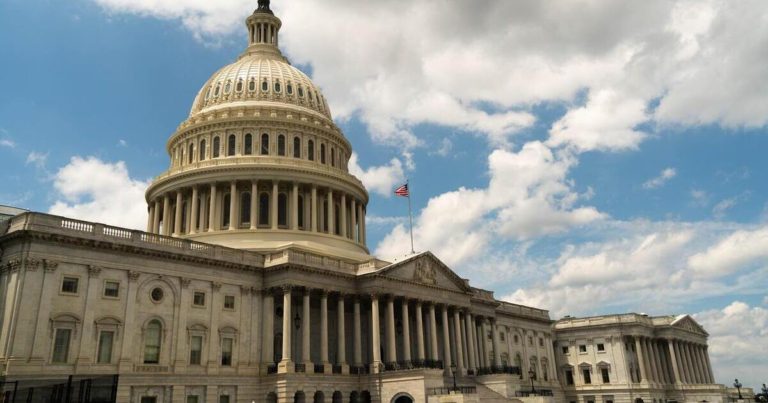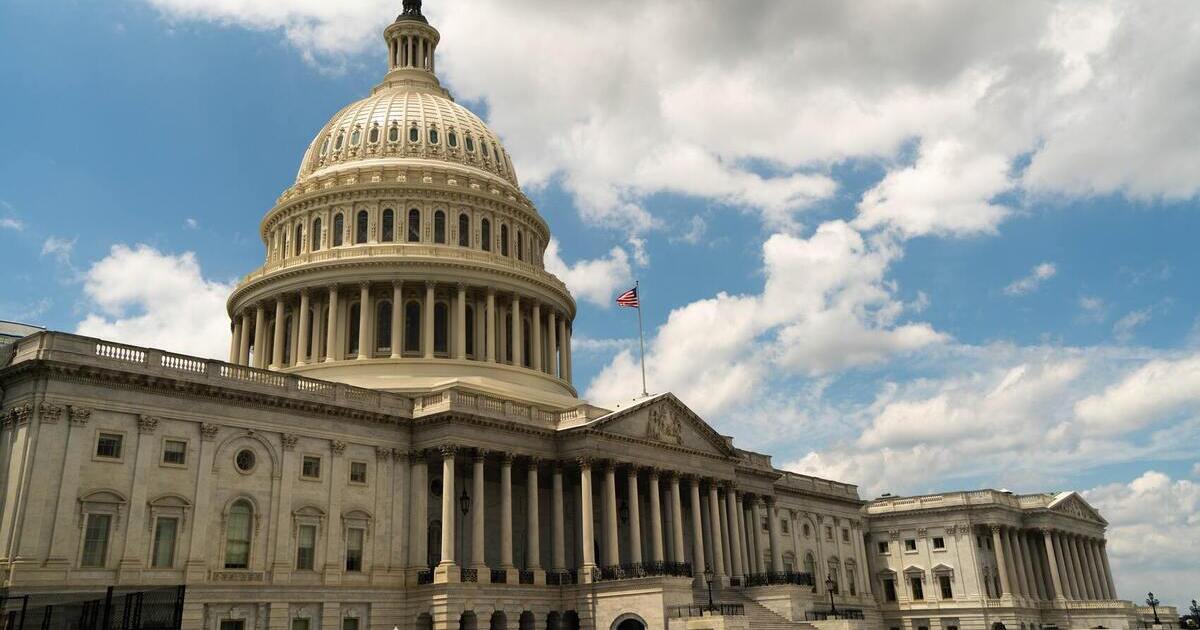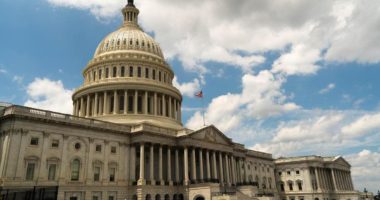Next week, the College Strike Force will climb the Capitol steps to advocate for you! On Tuesday, May 6, we’ll be meeting with members of Congress from the Congressional Doctors Caucus, who are key champions of allergy-related issues, and influential committees of jurisdiction to ensure your voice is heard on the Hill. We will meet with Senate and House offices.
This will be a jam-packed day with the Strike Force splitting into teams to ensure we can cover as much ground as possible during our time on Capitol Hill.
The Advocacy Council has selected four advocacy topics to focus on next week:
- Avoid Medicare cuts
Physician practices are increasingly faced with challenging financial situations due to Medicare reimbursement rates that have not kept pace with rising costs. Congress failed to address this issue by not including a “Doc Fix” in the March Continuing Resolution (CR). It is imperative that a “Doc Fix” is addressed during the Budget Reconciliation process to ensure that doctors have the funds necessary to deliver high-quality care to patients. Congress should also pass a more sustainable Medicare payment increase that accounts for inflation. - Fair reimbursement for allergy shots
Reimbursements for allergy shots have historically been undervalued by Medicare. In addition, new payment policies from commercial payers will further reduce allergy shot payments. It has reached the point where payments are so low, the financial viability of many allergy practices is threatened. - Commercial payer issues
Allergists face significant administrative burdens imposed by commercial payers. Three specific issues create excessive and unnecessary obstacles that divert attention from patient care: pharmacy benefit managers (PBM), prior authorizations, and Medicare Advantage. - Restoring NIH grant funding
In late January, the National Institutes of Health (NIH) announced major reductions to indirect costs in grant awards that will create significant disruptions to life-saving research. To protect critical medical advancements and ensure continued access to care, it is imperative that NIH funding for indirect costs is restored to previous levels. In March, a federal judge blocked the cuts to medical research pending resolution of litigation filed by groups representing universities, hospitals and research institutes.
AAN’s Capitol Hill Day
Additionally, as part of Allergy & Asthma Network’s Capitol Hill Day on May 7, each of our 10 Strike Force members, along with patient advocates, will meet with members of Congress from their states.
The Strike Force is an important opportunity for us to spend one day each year meeting in person with important legislative offices. These meetings help us advocate for our policy priorities and further establish the College and the Advocacy Council as resources on these topics. The second day spent working with patient advocates drives home the importance of allergy care and how issues such as prior authorizations can interrupt that care.
We look forward to a successful trip to Washington, D.C. Watch for real-time updates on May 6 and 7.
The Advocacy Council – ADVOCATING FOR ALLERGISTS AND THEIR PATIENTS




